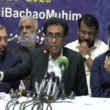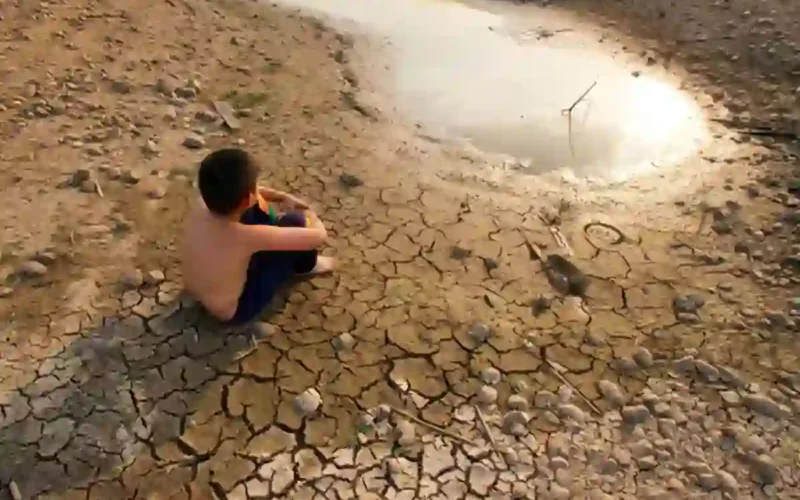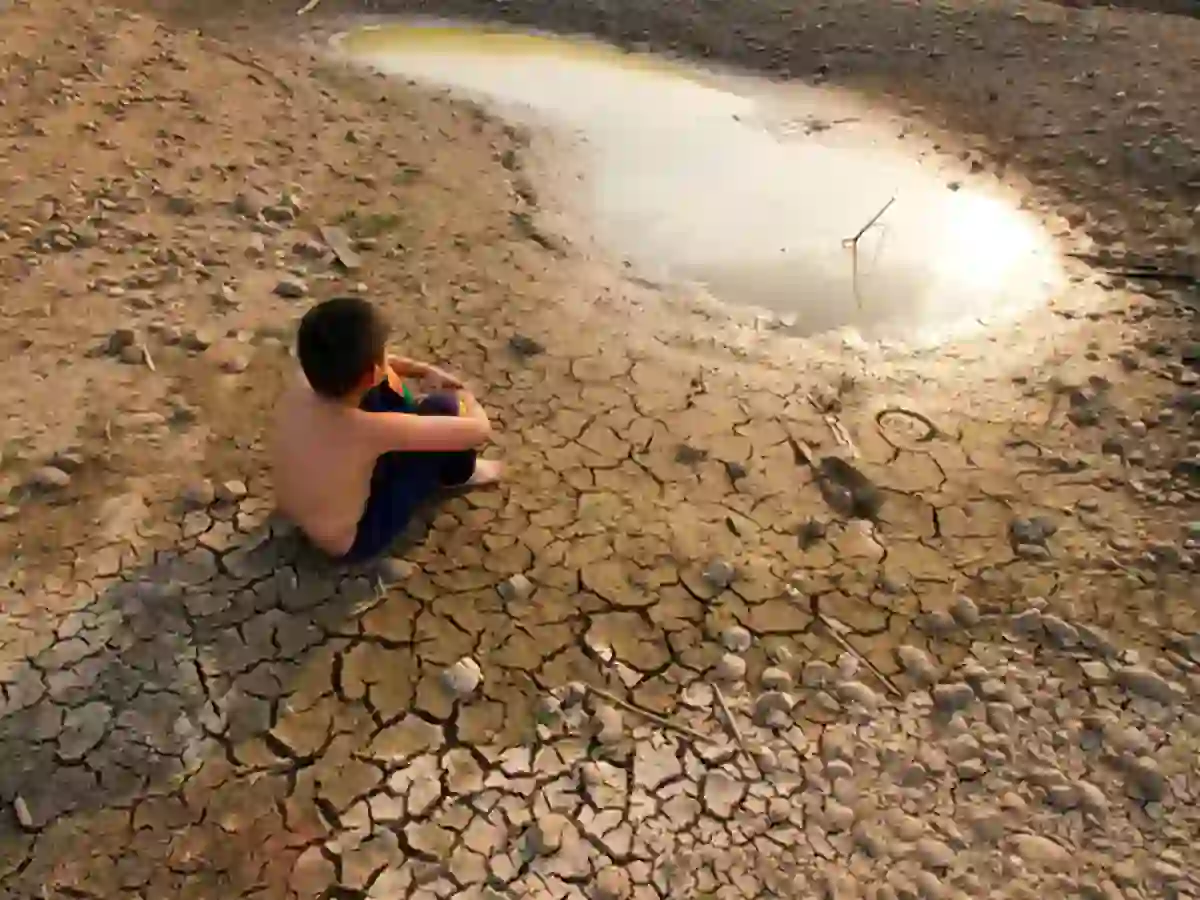International Financial Institutions (IFIs) have voiced serious concerns over Pakistan’s worsening climate vulnerability and environmental degradation, noting how its increasing population growth could strain already fragile natural resources further.
These observations and recommendations came to light during the closing plenary of the 28th Sustainable Development Conference held on Friday, when experts – such as representatives from World Bank and IMF – stressed the need for immediate action.
Follow the Times of Karachi channel on WhatsApp
Dr Bolormaa Amgabazar, Country Director for Pakistan at the World Bank, warned of Pakistan’s alarming vulnerability to climate change and natural disasters due to rising air and water pollution, with rapid population growth- one of the highest worldwide- placing immense strain on already scarce natural resources and creating long-term risks to environmental and economic stability.
She noted that the World Bank’s Climate and Country Development Report projected a 20-30% drop in GDP by 2050 without action to address climate vulnerability, with business as usual continuing.
World Bank projects 30pc GDP loss by 2050; IMF connects climate goals with reform agenda
“Pakistan requires prearranged and predictable multiyear financing that should focus on multisectoral development projects,” according to her.
READ: UN report declares Afghanistan world’s largest opium production hub
Dr Bolormaa mentioned the World Bank’s Country Partnership Framework as an option available to Pakistan over 20 years, offering $20 billion financing that allows its government to set priorities and projects that fit this framework.
Mahir Binici, IMF Country Representative in Pakistan, stated on this occasion that Pakistan’s newly approved $1.4 billion arrangement under the Resilience and Sustainability Facility (RSF) will play an integral part in strengthening economic resilience as well as environmental shock resilience.
“This initiative seeks to integrate climate considerations into public financial management in Pakistan and foster long-term sustainable growth,” stated RSF Chairman Hamid Khan, noting that it works alongside Pakistan’s Extended Fund Facility (EFF), an ongoing three-year structural reform programme from 2027 until now.
Binici noted that both programs were Pakistan’s own efforts at reform, supported by the Fund. He emphasised their reciprocal relationship as being “instrumental in placing Pakistan on a path toward stronger, more inclusive, climate-resilient growth”.
Visit Times of Karachi website for the latest news-related content daily
Mr Binici stated that Pakistan has taken concrete steps to incorporate climate priorities into its budgetary process, starting in the coming fiscal year. Projects selected through Public Sector Development Programme will undergo climate screening prior to selection; particularly major infrastructure investments he said this would increase accountability and resource efficiency.
UNDP Resident Representative Samuel Rizk recently noted that we are currently witnessing an historic shift, where finance has become more suitable and essential to sustainable development.
He noted that governments are the main source of funding for sustainable development, with multilateral development entities and the private sector also playing an integral role.













